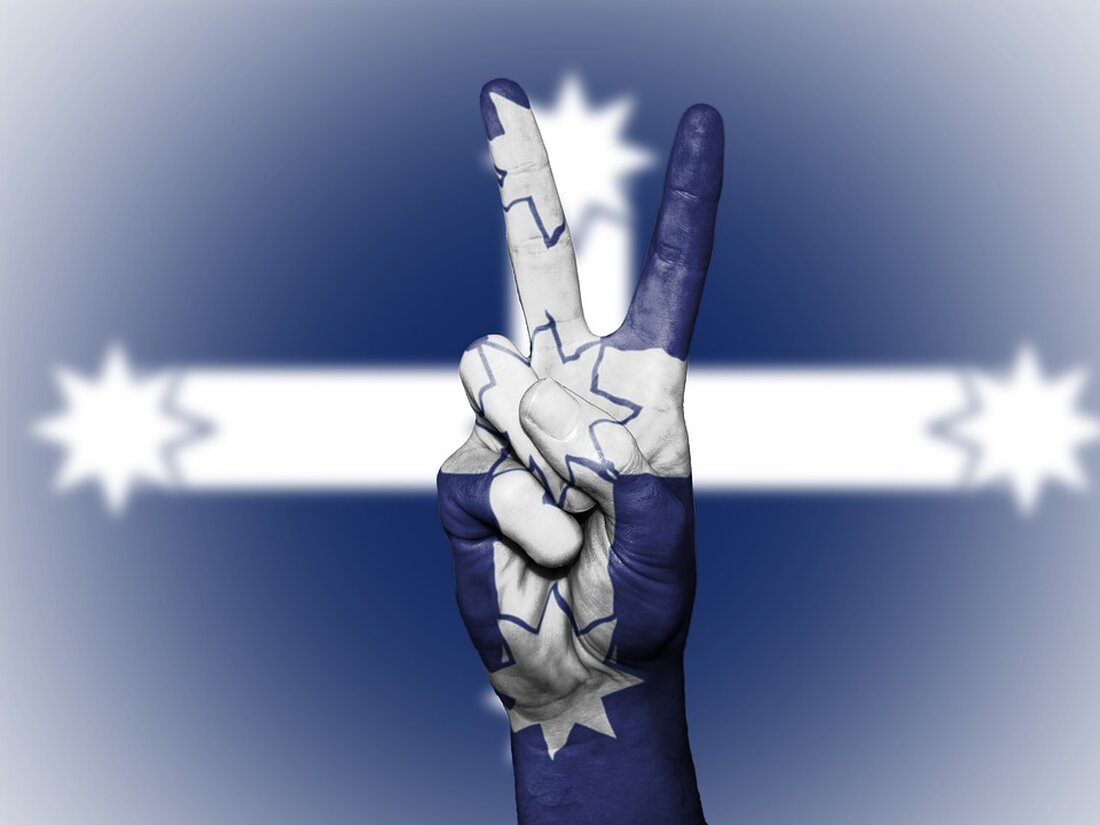Rebels conquer Syria's second largest city: who are they?
Rebels have captured Syria's second largest city, Aleppo. Discover the key groups opposing Assad, ISIS and Iran. Current developments in the Syrian civil war.

Rebels conquer Syria's second largest city: who are they?
Eight years after the outbreak of the civil war in Syria, the situation has changed significantly for President Bashar Al-Assad. A Russian blitz in Aleppo helped him regain control of the country's second-largest city. In just over 72 hours, a coalition of Syrian armed insurgent groups operating under the banner of “deterring aggression” recaptured the city in a surprise attack. This represents a significant setback for Assad and triggers a significant escalation of a previously largely dormant war.
The rebel coalition
The rebel coalition is made up of well-established Islamist armed factions that, despite their differences, are united in fighting against Assad, ISIS and Iranian-backed militias. Below we introduce some of the groups that are part of this coalition.
Hayat Tahrir Al-Sham (HTS)
The most prominent and formidable group among the rebels is Hayat Tahrir Al-Sham (HTS), also known as the Organization for the Liberation of the Levant. HTS was founded by Abu Mohammad al-Jolani, a military leader who gained experience as a young fighter for al-Qaeda during the US invasion of Iraq before being captured and imprisoned.
After his release, he traveled to Syria to found Jabhat al-Nusra, the Syrian branch of al-Qaeda. He led this group until a public split from al-Qaeda in 2016 based on ideological differences and opposition to ISIS. Jolani then formed HTS in 2017.
Despite Jolani's efforts to distance his new group from al-Qaeda and ISIS, the HTS was designated a foreign terrorist organization by the United States and other Western countries in 2018. There was a $10 million bounty on Jolani's head. Over the years, Jolani's influence grew, despite internal power struggles and local rivalries. After the loss of Aleppo to the Syrian regime in 2016, the HTS suffered serious setbacks and was limited to the city of Idlib, which has a population of 4 million mostly displaced people. In an interview with PBS in 2021, Jolani rejected the terrorism label and emphasized that his group does not pose a threat to Western or European society.
"(HTS) has primarily gained control of most economic sectors in Idlib and has been able to build an empire. They are a more independent force than many other groups," said Natasha Hall, senior fellow in the Middle East program at the Washington DC-based Center for Strategic and International Studies. According to Hall, HTS was primarily responsible for the offensive on Aleppo last week.
The Syrian National Army (SNA)
One of the main groups in the coalition involved in the offensive on Aleppo is the Syrian National Army, an umbrella organization that includes dozens of factions with different ideologies and is financed and armed by Turkey. This coalition has become a proxy group for Turkey and includes the National Liberation Front, which also includes factions such as Ahrar al-Sham, whose stated goal is to overthrow the Assad regime and establish an Islamic state under Sharia law.
Experts consider Ahrar Al-Sham to be a moderate Islamist group. After recapturing Aleppo last week, the group's deputy commander, Ahmed al-Dalati, gathered Muslim leaders at a mosque to give instructions, calling on them to protect the city's ethnic and religious minorities.
"The instructions of the High Command of the Military Operations Department are strict and clear. It is forbidden to harm anyone or encroach on their property...not only Muslims, but all others, be they Christians or Armenians or any other sect present in Aleppo....No one is allowed to approach them," he said.
Kurdish forces have been embroiled in a conflict with Turkey for decades. Amid tensions with Kurdish militants, Turkey has launched several military operations against the Kurdistan Workers' Party (PKK), a militant-classified group. Hall noted that Syrian groups that rely on Turkey have become problematic as they set their sights on Kurdish-controlled areas rather than opposing the Assad regime.
"By being completely dependent on Turkey, they are not fighting for the Syrian people, but for the Turkish government. ... They have focused on Kurdish-controlled areas instead of fighting the (Assad) regime that all of these groups and fighters originally fought against," Hall said.

 Suche
Suche
 Mein Konto
Mein Konto
